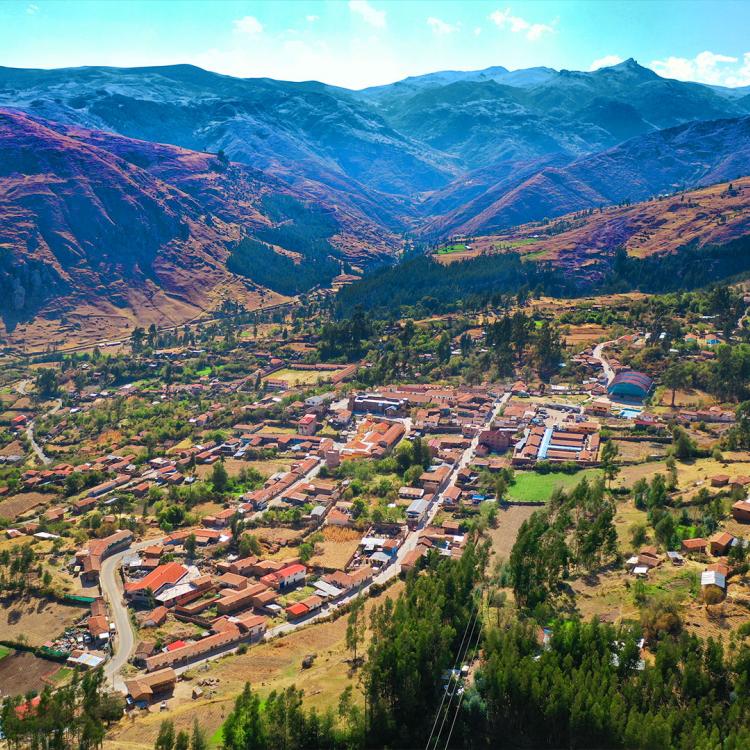Recovery and transmission of agricultural and medicinal knowledge – the District of Chinchaypujio
The project was based on the assumption that, drawing on the memory and traditional practices of elderly people, it was possible to identify, document, investigate, promote, value and transmit the ancestral agricultural, medicinal and gastronomic knowledge of the 9 indigenous local communities present in the Anta-Cusco District.
The research covered 2 components: a) work with the elderly through information sheets, personal interviews, group meetings, participation in traditional activities. b) The participation of and transmission of knowledge to students through workshops called "Yachay-ninchis: Knowledge of the chakra". The activities developed were, at first: collection of information cards based on native products and medicinal plants, personal and group interviews with older people familiar with the subject, photographic and film record. All these activities were carried out between 2013 and 2014. Then came the transcription and systemization of all the information obtained, elaboration of the outline of the book and organization of the information.
About the second component (work with students), the main objectives were: 1.- Creation of the register and sample of seeds and medicinal plants in the Educational Institution. 2.- Intergenerational exchange and learning between seniors and students, through meetings where they passed on their knowledge. 3.- Encourage research and experimentation around agricultural knowledge and the life cycle of food and medicinal plants. 4.-Realization of agroforestry calendars of the most important agricultural crops of the community. 5.- Promote respect and care towards the existing biodiversity in the community. The researchers discovered that a good proportion of the population, especially the elderly, still maintain traditional practices in their crops and these are mostly organic.
The locals also know and continue to practice traditional ways of eating and healing. But unfortunately this wealth of traditional knowledge is in danger of being forgotten and lost unless it is transmitted and valued by subsequent generations. The researchers, therefore, facilitated the recording, dissemination and transmission of this knowledge and thus began to encourage young people in these communities to familiarise themsleves with and value the practices and knowledge of the elderly, thus contributing to improving their ways of life, based on the revaluation of their ancestral customs and traditions; obviously adapted to modern times.
